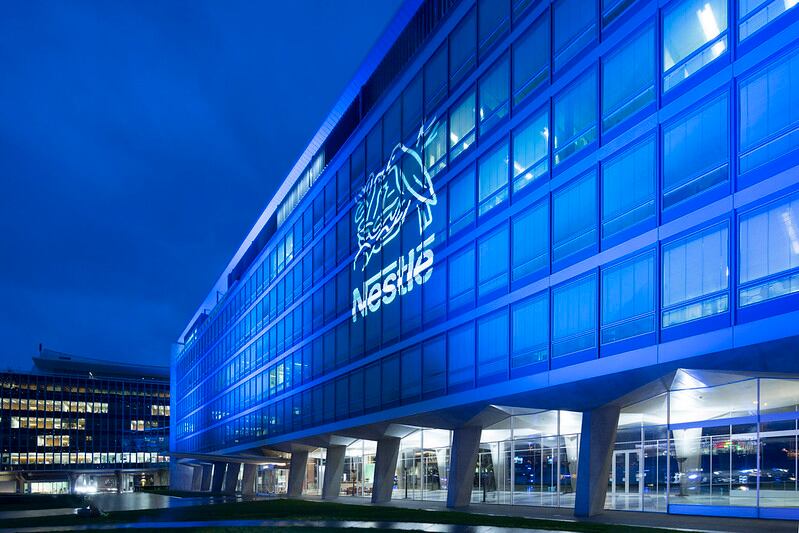Greenfield, who founded Ben & Jerry’s with Ben Cohen in 1978, said in a letter posted to Cohen’s social media that the brand had lost its independence under Unilever’s ownership, despite an agreement protecting its social mission when it was acquired in 2000.
Greenfield explained that restrictions on the brand’s advocacy, such as its calls for an end to Israel’s genocide in Gaza, were “happening at a time when our country’s current administration is attacking civil rights, voting rights, the rights of immigrants, women, and the LGBTQ community.”
“It is profoundly disappointing to come to the conclusion that that independence, the very basis of our sale to Unilever, is gone,” he added.
“If the company couldn’t stand up for the things we believed, then it wasn’t worth being a company at all.”
Last year, Ben & Jerry’s launched legal action against Unilever which accused the firm of threatening to dismantle the board and sue directors over their public statements advocating for the rights of Palestinian refugees as well as calls for a permanent and immediate ceasefire in Gaza.
This happened as Israel committed genocide against Palestinians in Gaza, as confirmed by a UN commission of inquiry along with numerous human rights organisations and scholars, and the International Criminal Court issued arrest warrants for Benjamin Netanyahu, the prime minister of Israel, and Yoav Gallant, the former Israeli minister of defence, for war crimes and crimes against humanity.
The brand was involved in a separate dispute with Unilever a few years ago when the firm backtracked on an agreement for Ben & Jerry’s not to be sold in the illegally occupied Palestinian territories.
The Ben & Jerry’s Israel division was sold to a local operation in 2022, which led to the brand suing Unilever.
In response to Greenfield’s resignation, a Unilever spokesperson said: "We will be forever grateful to Jerry for his role in co-founding such an amazing ice cream company, turning his passion for delicious ice cream and addressing social causes into a remarkable success story. We thank him for his service and support over many decades and wish him well in his next chapter.
“We disagree with his perspective and have sought to engage both co-founders in a constructive conversation on how to strengthen Ben & Jerry’s powerful values-based position in the world.
“We remain committed to Ben & Jerry’s unique three-part mission – product, economic and social – and remain focused on carrying forward the legacy of peace, love, and ice cream of this iconic, much-loved brand. Ben & Jerry’s is a proud and thriving part of The Magnum Ice Cream Company and we look forward to further building on its success.”
The news of Greenfield’s departure comes shortly after he and Cohen had called for Ben & Jerry’s to be released from the ownership of Unilever ice cream spinoff business The Magnum Ice Cream Company.
They said that while TMICC is set to become an independent entity, the brand will likely maintain Unilever’s legacy given that the FMCG giant is expected to retain a material stake.
Commenting on the current situation, partner at law firm Mayo Wynne Baxter Nick Stockley said that Unilever is unlikely to want to “allow one of its global crown jewels to go”.
“Ben and Jerry’s faces the prospect of taking further legal action or to continue to toe the corporate line from Unilever,” Stockley continued.
“It seems that Greenfield does not want to take either of those routes. Any independent company that merges with a corporate will inevitably face this challenge.
“However much the independent will try to retain its identity and ethos, the corporate will invariably call the shots in the long run.
“The independent can secure its rights in the merger agreement and that will give them some contractual protection for their identity.”





